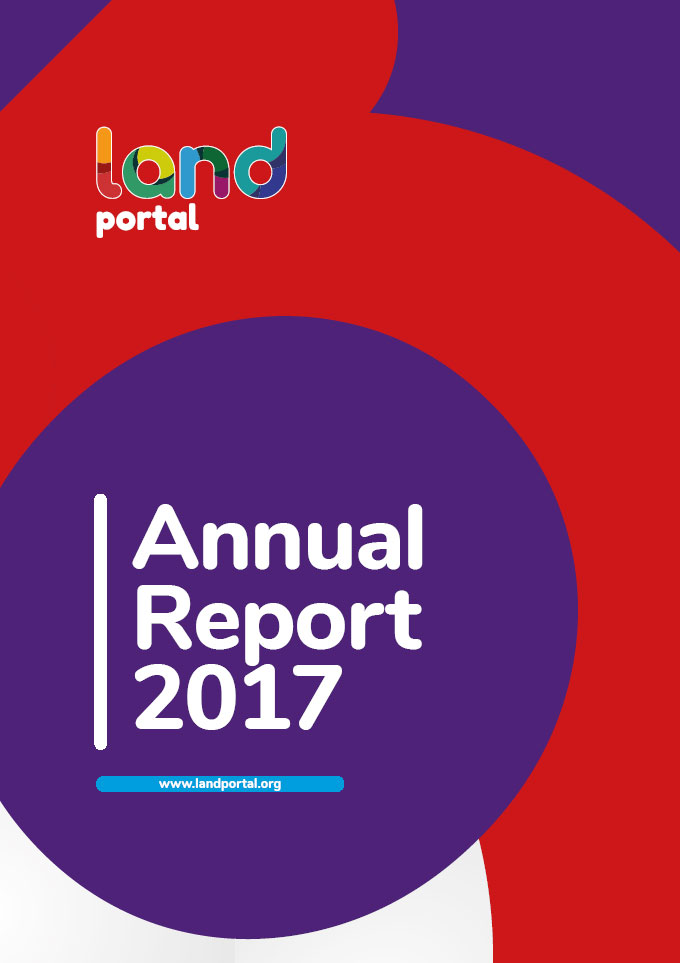Danger Zone - Giant Chinese industrial zone threatens Burma’s Arakan coast (English and Burmese)
China’s plans to build a giant industrial
zone at the terminal of its Shwe gas
and oil pipelines on the Arakan coast
will damage the livelihoods of tens of
thousands of islanders and spell doom
for Burma’s second largest mangrove
forest.
The 120 sq km “Kyauk Phyu Special
Economic Zone” (SEZ) will be managed
by Chinese state-owned CITIC group
on Ramree island, where China is
constructing a deep sea port for
ships bringing oil from the Middle
East and Africa. An 800-km railway




